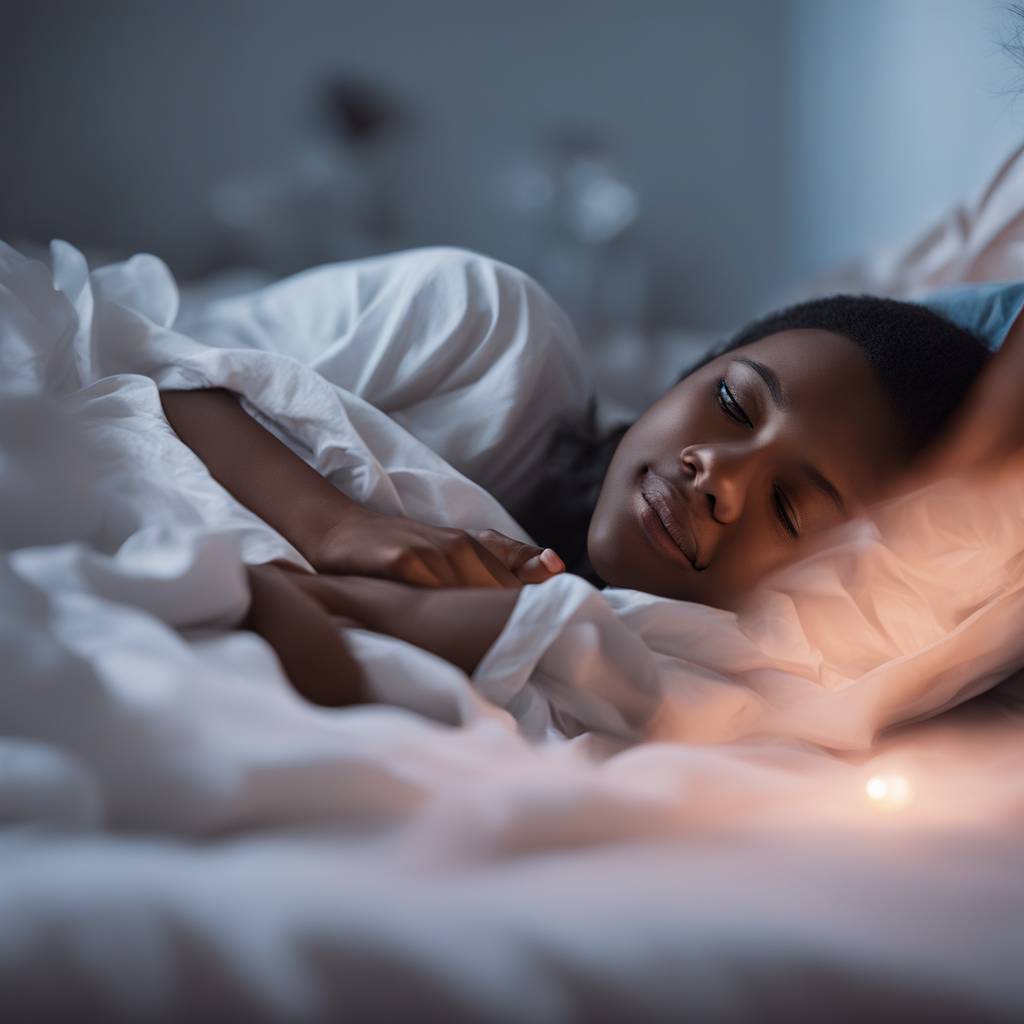Good sleep is essential for overall health, as multiple scientific studies have shown that poor sleep can lead to a range of health issues, including hypertension, diabetes, obesity, depression, heart attacks, strokes, and dementia. In addition to these long-term consequences, lack of good sleep can also result in short-term problems such as reduced concentration, slower reaction times, increased stress, and weakened immunity. Sleep scientist Dr. Caroline Horton emphasizes the importance of supporting good sleep habits to avoid these negative outcomes.
Even if you are able to get the recommended seven to eight hours of sleep each night, there are still factors that can disrupt your sleep quality. Sleep is divided into 90-minute cycles that transition through various phases, including light sleep, deep slow-wave sleep, and rapid eye movement (REM) sleep. It is common to experience brief awakenings between these cycles, particularly if external factors such as noise or room temperature are present. Dr. Horton recommends aiming for eight hours in bed to allow time for sleep cycles to occur smoothly.
One of the most common sleep disruptors is waking up to use the bathroom, a condition known as nocturia. This can be more prevalent as we age, particularly for men, and can be exacerbated by weakened pelvic floor muscles. Strategies to reduce nighttime bathroom visits include limiting fluid intake before bed, using the bathroom before going to sleep, and engaging in specific exercises to strengthen the pelvic floor muscles. Additionally, elevating your legs, wearing compression stockings, and taking afternoon naps can also help reduce nocturia.
Getting too hot during the night can also disrupt sleep. Maintaining a cooler room temperature between 15 to 20 degrees Celsius, wearing light cotton pajamas, and using breathable bedding can help regulate body temperature and improve sleep quality. If you wake up feeling overheated, opening a window, removing a layer of clothing, or running cool water over your wrists can help cool you down and promote restful sleep.
Teeth grinding, or bruxism, can be a result of stress, anxiety, or certain medications. Practicing good sleep hygiene, including establishing a consistent bedtime routine, can help manage teeth grinding. Consulting a dentist to address any bite imbalances that may contribute to bruxism is recommended. Innovative solutions such as a mouthguard and bracelet combination designed to reduce grinding by nearly 80% are also being developed. For loud snoring, which may indicate obstructive sleep apnea, it is important to explore underlying causes such as orthodontic issues or lifestyle factors like excess weight or smoking.
Environmental noise can disrupt sleep and reduce the quality of restorative sleep stages. Using earplugs, white noise machines, pink noise, or brown noise can help mask outside noise and promote better sleep. Managing nighttime pain, addressing uncontrollable worries that keep you up at night, and developing relaxation strategies can also improve sleep quality. It is essential to prioritize good sleep habits and address any underlying factors that may be contributing to disrupted sleep patterns for overall health and well-being.








